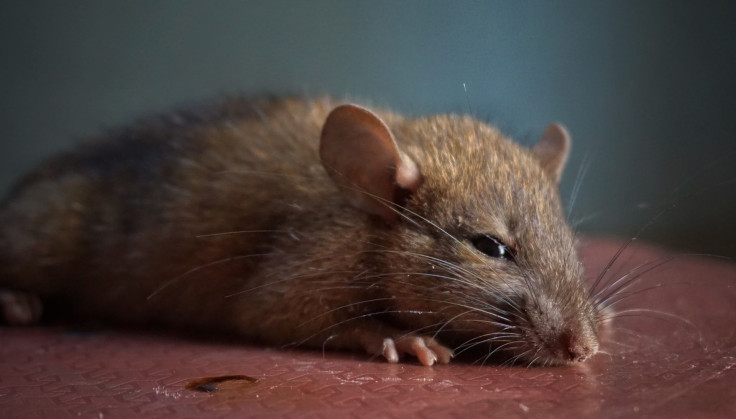Colorado Woman With COVID-19-Like Symptoms Diagnosed With Hantavirus
KEY POINTS
- A woman who fell ill days after a hiking trip thought she had contracted COVID-19
- After two negative COVID-19 tests, she was diagnosed with hantavirus
- The two diseases have similar symptoms but are very different
A Colorado woman thought she had COVID-19, but what she actually had was the rare hantavirus. Although the two diseases are very different, their symptoms tend to overlap.
Sue Ryan of Bailey, Colorado experienced health problems in October, KDVR Fox 31 Denver reported. A few days after a hiking trip on the Colorado Trail, she reportedly had symptoms such as high fever and headaches, naturally prompting her to worry about COVID-19.
However, her two trips to the hospital both yielded negative COVID-19 test, the second of which she took because she had "low oxygen," Ryan told the outlet.
After further testing, including screenings for influenza, a pulmonologist diagnosed her with hantavirus.
"I had fluid around my lungs, fluid around my heart," Ryan told KDVR. "Because it's so rare, I was actually kind of blown away. I actually got this disease and didn't die."
Hantaviruses
Hantaviruses are a family of viruses that are spread mainly through rodents, whether via the aerosolized virus in urine, saliva and feces or, less commonly, in bites, the Centers for Disease Control and Prevention (CDC) explained.
In the U.S., hantaviruses are considered as "New World" hantaviruses, which can cause hantavirus pulmonary syndrome (HPS). By comparison, other hantaviruses, particularly in Asia and Europe, are considered "Old World" hantaviruses that can cause hemorrhagic fever with renal syndrome (HFRS).
Hantavirus Vs. COVID-19
In Ryan's case, the symptoms she experienced were rather similar to COVID-19's, which is why she naturally thought that it was COVID-19 that she was experiencing. But the symptoms of the two diseases actually tend to be similar.
The CDC even released a fact sheet comparing COVID-19 and HPS, with many of their common symptoms overlapping like fever, fatigue, cough, shortness of breath, muscle pains, headache, vomiting and diarrhea.
Unlike COVID-19, however, HPS symptoms do not include sore throat, loss of smell and bloody sputum. Instead, they consist of abdominal pain, dizziness, chills and nausea. Further, the incubation period for HPS is much wider, ranging from seven to 60 days, whereas COVID-19's is much shorter at two to 14 days.
Perhaps one of the most striking difference between the two diseases is that COVID-19 is spread from person to person while HPS is not. As the CDC explained in the fact sheet, people can contract it by breathing air with contaminated rodent waste or nesting material.
As such, people who come in contact with rodent droppings have a heightened risk for HPS, the CDC said. This includes people who clean up after rodent infestations, and workers in construction, utility and pest control. Individuals who camp or hike near areas that are "infested with deer mice or other infected rodents" are also at risk.
In Ryan's case, it remains unclear how she contracted hantavirus. The disease is still considered rare in the U.S., with only 728 cases recorded from 36 states between 1993 and 2017.
Earlier this year, a man died of hantavirus in China, sparking fears of another outbreak. Experts were quick to respond, saying that there is no need to worry about the disease because it is preventable. What's more, there is a vaccine for it.
As for Ryan, her experience made her want to raise awareness about the existence of the disease in Colorado, KDVR said.
"It may not be COVID," Ryan told the outlet. "If you have been around mice, let your doctor know about that event."
According to UCHealth, there have been 151 reported cases of hantavirus in the state since 1993, 41 of which led to death.

© Copyright IBTimes 2024. All rights reserved.






















